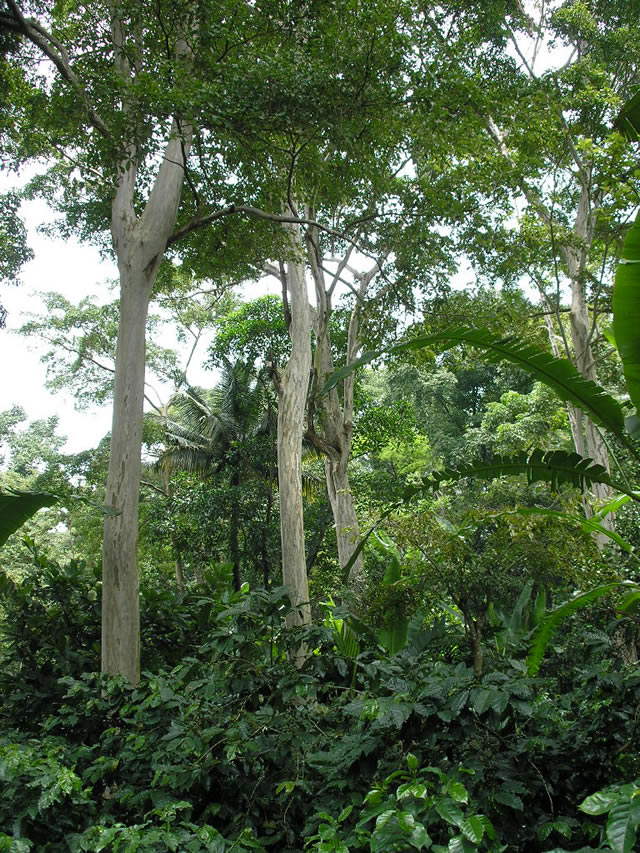NRI has been successful in gaining funding from the Defra led 'Darwin Initiative' for a new 3 year project, named Agroforests: A Critical Resource for Sustaining Megadiversity in Guatemala, expected to start in April 2012. It is designed to improve the public and private policies that recognize the role of agroforests in meeting the objectives of the Convention on Biological Diversity (CBD) in Guatemala.
 In February 2011, Guatemala was admitted to the Group of Like-Minded Megadiverse Countries based on the country's high cultural, ecological, faunal and floral diversity. Agroforest systems cover just over 29% of the country and are essential to sustaining biodiversity in this ecological region.
In February 2011, Guatemala was admitted to the Group of Like-Minded Megadiverse Countries based on the country's high cultural, ecological, faunal and floral diversity. Agroforest systems cover just over 29% of the country and are essential to sustaining biodiversity in this ecological region.
Guatemala's biodiversity strategy concentrates on the conservation of its remaining natural forest resources, and on preventing intensive agriculture or industrial activities from expanding at the expense of these resources. However the strategy needs to recognise the potential threats to agroforestry as a system that sustains biodiversity, and acts as a buffer between natural ecosystems and agro-industrialised land uses.
Nationally the aim of the project is to broaden Guatemalan biodiversity policy to support conservation processes in semi-natural productive land-uses that are critical to conserve biodiversity in certain ecological zones.
Project leader Jeremy Haggar says "With this support from the Darwin Initiative we hope to promote Guatemalan policies that will support farmers who are conserving biodiversity through agroforestry, but also promote the value of biodiversity-friendly coffee among consumers in the UK".
The project's overall objectives are to effectively demonstrate the importance of agroforest systems at the landscape level, and to better understand the decision making of large and small-scale land-owners. The project also aims to work with producers' associations to identify strategies that will increase recognition of the benefits of agroforests through sustainable certification of the products, and to engage public policy makers on policies that support agroforests.
NRI will be working in collaboration with the National Coffee Association (ANACAFE), Fundacion Defensores de la Naturaleza, and Universidad del Valle who together represent the coffee sector, wildlife conservation, and environmental research in Guatemala and have a substantial capacity to influence national policy.

